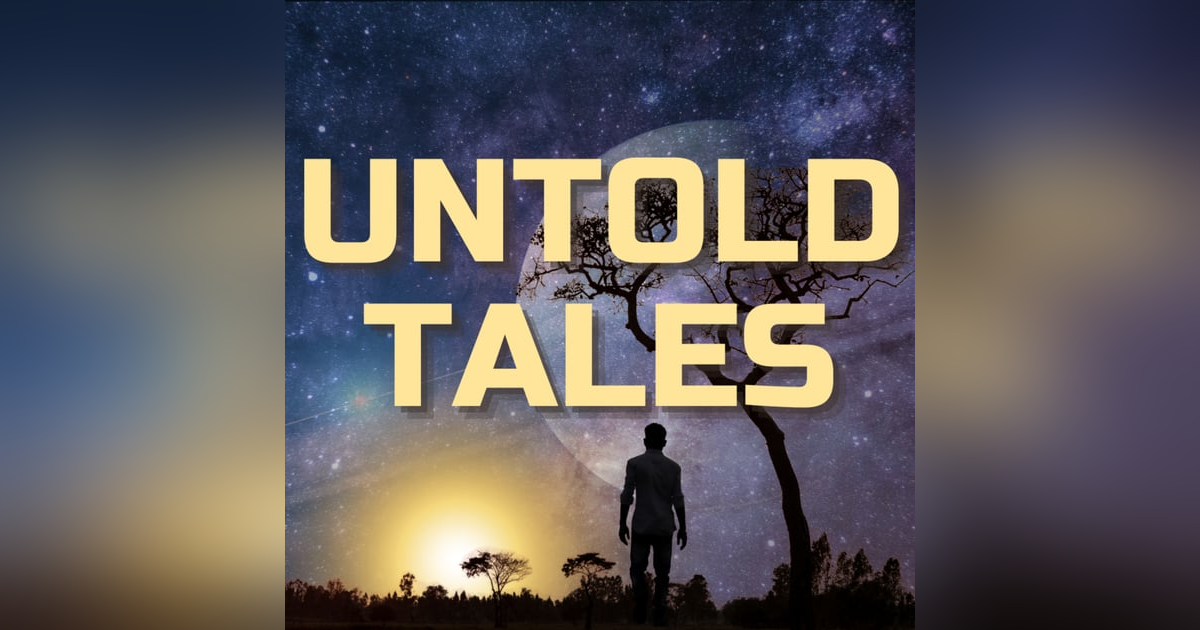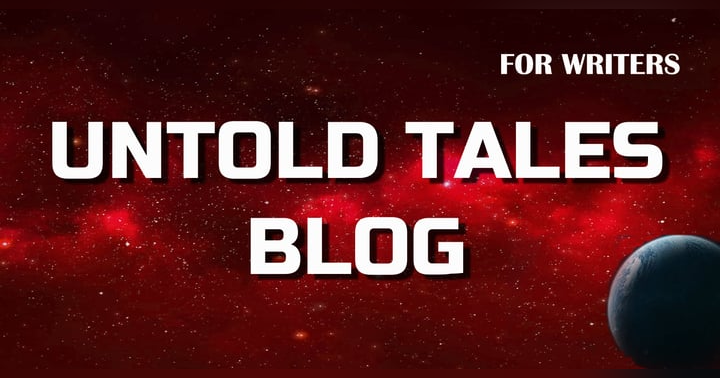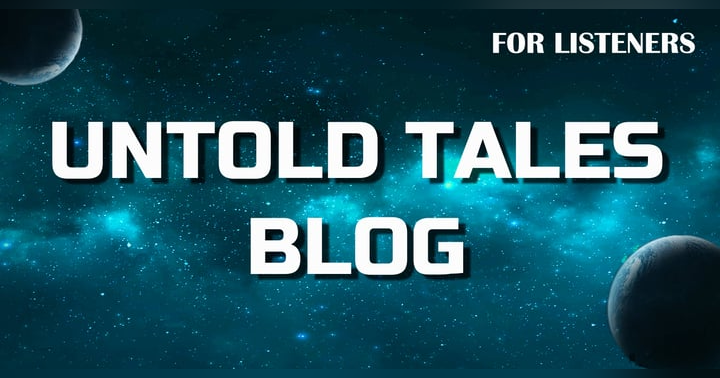Indie or Traditionally Published – and why?

From time to time you hear authors being asked why they chose to self-publish. Preferring to maintain creative control is the most common answer. But what does this really mean, creative control?
Talking to the Galaxy of Authors webpage, the author Mike Van Horn: ‘My first two books were traditionally published, which meant they got into libraries and book clubs. I could never have accomplished that. But when I wanted to do a second edition, the publisher wasn’t interested, so I was stuck.’
Creative control may mean having a say over the book cover, the font, book size and which market to aim for. It may be a decision over how many copies to print and send to libraries and book clubs, to review sites and well known bloggers. Mike goes on to say that, ‘With my small business books, I wanted spin-off products – programs, workbooks, ebooks – that a publisher might have denied. Or at least controlled. So I had to self publish.’
Many authors say that by doing their own promotion, they feel closer to their readers and can get a better feel of what aspects of their writing are popular. Another common reason for self-publication is to get things out quickly, not wait a year or more. The author C Rene Astle talks of the horror of ‘Submission, rejection, submission, revision, submission,’ which can indeed be tiresome when most publishers say that if you don’t receive a response within three to six months then by all means send a follow up email. Furthermore, Rene points out that ‘at the time I was hearing from fellow writers that they were being asked for marketing plans. So if I have to do a lot of the marketing stuff anyway, I might as well just do it all.’
Let’s face it, if a big publisher such as Harper Collins or Random House came knocking on our door, then very few of us would turn down such an opportunity. But when comparing self-publishing to some of the smaller publishers around, what are the pros and cons?
First, let’s take a look at self-publishing. Gone are the days of vanity publishers preying on a writer’s dreams of seeing their stories and novels in book form, asking for as much as twenty thousand dollars (yes, we would have to pay them) to publish our book. Nowadays, self-publishing is just a few clicks away. And it’s free.
So, how to self-publish? Simply answered you can either try Lulu Publishing or Amazon’s KDP. There are other companies out there, but Lulu and KDP are the most popular and trusted options; Lulu came first but was soon overtaken by KDP who were quicker to include a program to automatically convert your file to kindle format.
To get a kindle book out on Amazon’s KDP, simply attach the file and click. Fill out a simple form with a story blurb, author name and pricing; upload a cover (you can use their own cover creator for this) and a few hours later your book is on sale.
With paperbacks it takes a little longer – you have to check and double check that each piece of text appears on the page you want it to. For example, you don’t want half the verse of a poem on one page, half on another; a chapter heading on the bottom of a page doesn’t look so good. A good tip here is to include page breaks in your file – though even with this you’ll need to go through the previewer thoroughly before hitting ‘approve.’ (Lulu wins here for a smoother process but with patience it’s equally achievable on KDP).
So there you have it. You’ve self-published your book. And what’s next? In short, nothing. Your book is out there and it’s now up to you and only you to get the word out. You go to Amazon’s ‘promote your book’ option and decide to run an ad campaign which can be anything from twenty bucks a day. You decide to organise a book giveaway on Goodreads and then notice the charge. You suddenly realise that not so many of your friends are that much into reading. You find websites that review self-published books but they all have their prices. And most require a free paperback copy.
The upshot of all this is that if you want to make money, you have to invest money first. If you’ve got the wherewithal and motivation, the know-how and contacts, then you’re away. But if you need help then a small publisher is probably a better option.
Let’s look at the advantages of small publishers.
- They are approachable and will actually read your work. The big publishers go through agents, the door is basically shut, but a small publisher with accept unsolicited manuscripts and short stories and read them.
- You don’t have to pay. If you’re ever asked for money, it is a vanity publisher and you should run.
- Small publishers will help with the promotion of your book, invest money into getting your book noticed and they have more contacts than you.
- They will have a professional editor to review your work before they publish it.
Now for the cons.
- You’ll be sharing a high percentage of your profits. 60:40 is average.
- If you later wish to make any changes or amendments to your work, this will be near to impossible.
- When you self-publish, you can choose a cool cover; maybe you prefer matt over gloss; possibly you like the idea of splitting your novel into three parts. A small publisher however will make these decisions for you.
- Small publishers can be hard to find, and when you discover one that suits you, they’re closed for submissions so you have to wait. (A quick list here of ten that are currently open to submissions: Cannon Publishing, Zombie Pirate Publishing, Flame Tree Publishing, WordFire Press, Cohesion Press, Castrum Press, OTBP Press, Nosetouch Press, Myriad Paradym, Tiny Fox Press).
So who are these small publishers anyway? While some are professional businesses, you may be interested to know that a number of them are people like you and me who have taken advantage of Lulu and KDP and decided to not only publish their own books but other people’s too. They are experienced and have learned the skills of how to promote a book. They have taken on board other authors and some of them have even been successful.
Suffice to say some small publishers are better than others. Some work harder than others and some have more contacts than others. Many too will be asking you to do your bit. And some, such as John Hunt, will require payment as part of their promotion package (this money is for them to invest in the promotion of your book so it’s not exactly vanity publishing).
All publishers are looking for something specific too. Your ten thousand word novelette about an alien screaming itself to death may be a piece of artistic genius, but it’s unlikely to catch a publisher’s attention.
And then there’s the elephant in the room – getting your work published by someone else serves as a screening process. With it being so easy to self-publish, it’s more than tempting to just click away. But is your work really good enough? You think your short story’s a winner but can’t seem to get it into a magazine or anthology? You’ve written a classic novel but no one seems to be able to get past the first page? There’s probably a reason for this.
But let’s not end on too negative a note. There are in fact plenty of decent self-published books out there. If you’re undecided, why not try out all the options and see which works for you? At least you know that your story will find a home eventually, which is much more satisfying than having it locked away in a forgotten file on your computer.









